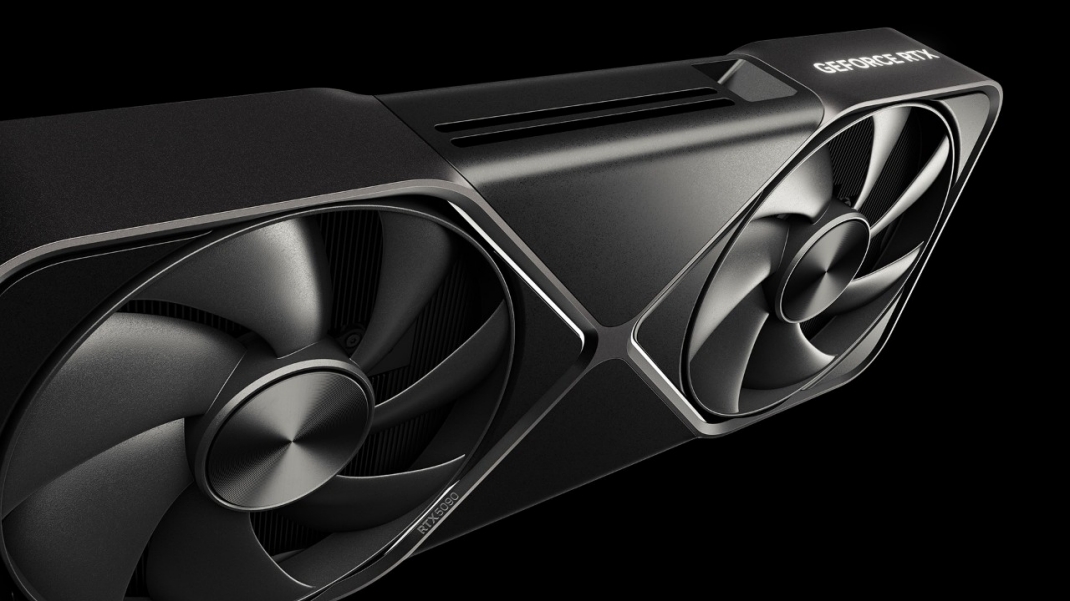The 5070ti was the card on paper that made the most sense albeit 750 is still big money for that range of card, when it wasn't long ago you could get the top card for that price.
Looking at the prices in America which generally is reflected here (UK) as $1=£1 it would be foolish to buy it. You'd better wait for the 5080 to come back into stock if you're adamant you're buying a 50 series card
I’d agree but the problem is you can’t get an RTX 5080 anywhere close to the RRP either. You’re going to be paying nearer to £1100-1200 even when they’re eventually in stock as far as I can see?
On that basis I can see why many will still be tempted by an RTX 5070Ti even at £800-900.
More frustratingly, from what I’ve seen so far even when the stock situation improves there’s still no reason to expect prices to fall. The only chance of that happening is if the new AMD cards are competitive in terms on performance and features.
Between features like DLSS and Ray tracing Nvidia seem to have a monopoly on features/game support even if AMD can match the performance of the 5070 series.
Last edited:






